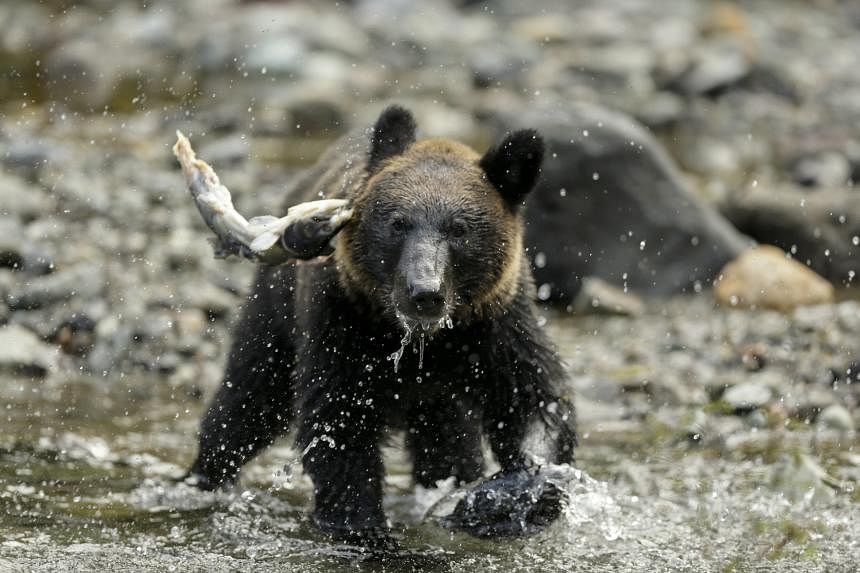
The bears may continue searching for food in winter due to the poor harvest of nuts this year.
PHOTO: EPA-EFE
Kolette Lim
The onslaught of bear attacks in Japan are expected to ease as the animals go into hibernation for the winter, but experts have warned of bears which may not sleep during the season.
Due to a poor harvest of beech nuts this year, a staple food source for bears, animals which did not eat enough may continue wandering around without hibernating, said Mr Teruki Oka, head of the Forestry and Forest Products Research Institute at Shikoku Research Center at the Japanese city Kochi.
Mr Oka told Japanese news outlet Mainichi Shimbun that in typical hibernation stages, the bears get plenty of nutrition during autumn to fatten up before holing in trees or dens until spring. Species such as Asian black bears usually start hibernating as early as November and sleep until early May of the following year, he added.
“They don’t wake up in the middle of hibernation to search for food, but stay where they are,” Mr Oka said.
Bears which prefer meat to nuts may also not hibernate due to the lack of prey in the winter, reported Mainichi Shimbun.
A male brown bear codenamed “Oso18” was culled in August 2023, according to Hokkaido government sources. The bear had terrorised farms and attacked more than 60 cattle in eastern Hokkaido since 2019.
Environment researcher Hiromi Taguchi said: “They’re hungry and agitated in the winter due to the lack of prey animals.” These bears attack humans as they remember how to attack other animals, added the professor at Tohoku University of Art and Design.
When the winter is warmer than usual, bears may also face difficulty in hibernating as their body temperatures do not drop enough, said Prof Taguchi. He advised caution when going into the mountains for winter activities such as skiing.
“It is common knowledge among hunters in north-east Japan, known as matagi, to shoot such bears without hesitation if they spot one.”
Some northern areas in Japan have put a bounty on bears to curb the number of bear attacks. Officials in the northern Akita prefecture plan to hand out 5,000 yen (S$45) to hunters for each bear they shoot, reported Bloomberg on Oct 27.
According to broadcast media outlet NHK, about 167 bear attacks have been reported in Japan in 2023 by October, exceeding the 2020 record of 158.
Mr Oka warned of bears which commonly appear in urban areas such as city centres. These bears are accustomed to humans and root through household garbage in search of food, he told Mainichi Shimbun.
Stating that bear sightings have been reported even during cold months such as December and January, Mr Oka said: “People need to take precautions to keep bears away by making sure that household garbage is properly disposed of even in the winter.”
Kolette Lim
The onslaught of bear attacks in Japan are expected to ease as the animals go into hibernation for the winter, but experts have warned of bears which may not sleep during the season.
Due to a poor harvest of beech nuts this year, a staple food source for bears, animals which did not eat enough may continue wandering around without hibernating, said Mr Teruki Oka, head of the Forestry and Forest Products Research Institute at Shikoku Research Center at the Japanese city Kochi.
Mr Oka told Japanese news outlet Mainichi Shimbun that in typical hibernation stages, the bears get plenty of nutrition during autumn to fatten up before holing in trees or dens until spring. Species such as Asian black bears usually start hibernating as early as November and sleep until early May of the following year, he added.
“They don’t wake up in the middle of hibernation to search for food, but stay where they are,” Mr Oka said.
Bears which prefer meat to nuts may also not hibernate due to the lack of prey in the winter, reported Mainichi Shimbun.
A male brown bear codenamed “Oso18” was culled in August 2023, according to Hokkaido government sources. The bear had terrorised farms and attacked more than 60 cattle in eastern Hokkaido since 2019.
Environment researcher Hiromi Taguchi said: “They’re hungry and agitated in the winter due to the lack of prey animals.” These bears attack humans as they remember how to attack other animals, added the professor at Tohoku University of Art and Design.
When the winter is warmer than usual, bears may also face difficulty in hibernating as their body temperatures do not drop enough, said Prof Taguchi. He advised caution when going into the mountains for winter activities such as skiing.
“It is common knowledge among hunters in north-east Japan, known as matagi, to shoot such bears without hesitation if they spot one.”
Some northern areas in Japan have put a bounty on bears to curb the number of bear attacks. Officials in the northern Akita prefecture plan to hand out 5,000 yen (S$45) to hunters for each bear they shoot, reported Bloomberg on Oct 27.
According to broadcast media outlet NHK, about 167 bear attacks have been reported in Japan in 2023 by October, exceeding the 2020 record of 158.
Mr Oka warned of bears which commonly appear in urban areas such as city centres. These bears are accustomed to humans and root through household garbage in search of food, he told Mainichi Shimbun.
Stating that bear sightings have been reported even during cold months such as December and January, Mr Oka said: “People need to take precautions to keep bears away by making sure that household garbage is properly disposed of even in the winter.”
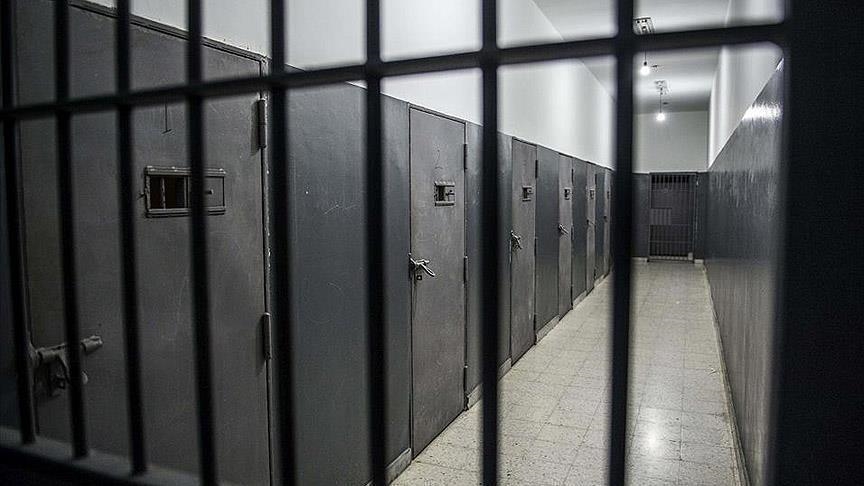
:quality(70)/cloudfront-eu-central-1.images.arcpublishing.com/thenational/2TN343UNKZHJJNPK6LHOE62GOQ.jpg)
:quality(70)/cloudfront-eu-central-1.images.arcpublishing.com/thenational/44WBCJFKW5HWDFGK3HWZFWLJLM.jpg)
:quality(70)/cloudfront-eu-central-1.images.arcpublishing.com/thenational/BMW7M5ZJ4NEJPGZJBTRMOCGPFQ.jpg)
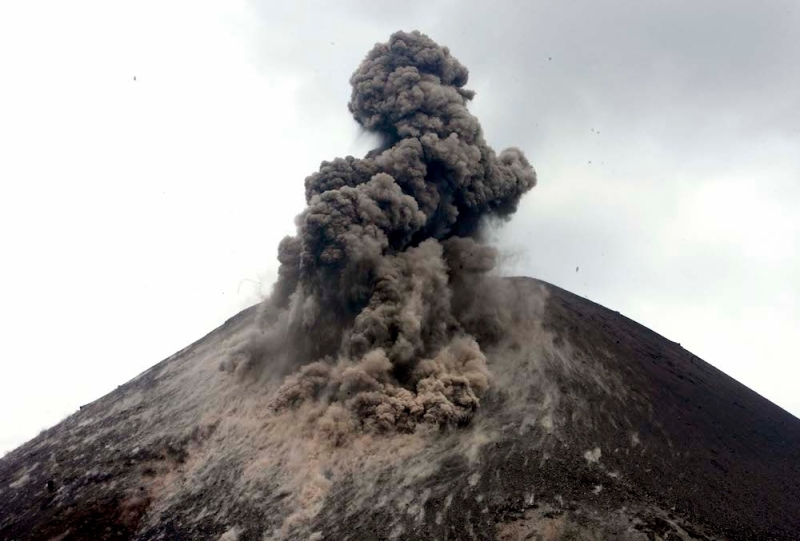
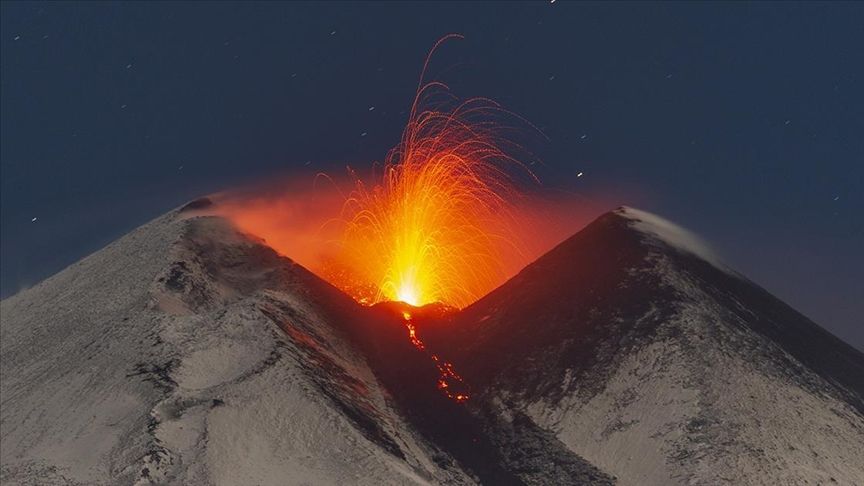

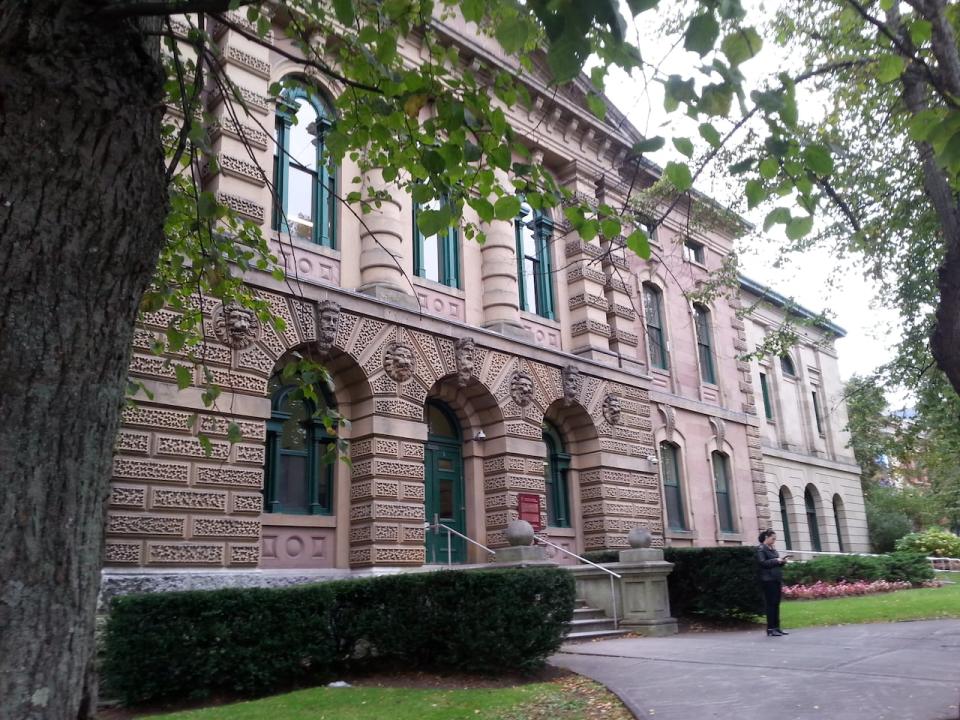

















 Interest over time in the term “McDonalds” in Pakistan via Google Analytics
Interest over time in the term “McDonalds” in Pakistan via Google Analytics Interest over time in the word “Coca Cola” in Pakistan via Google Analytics
Interest over time in the word “Coca Cola” in Pakistan via Google Analytics Interest over time in the word “Pepsi” in Pakistan via Google Analytics
Interest over time in the word “Pepsi” in Pakistan via Google Analytics


